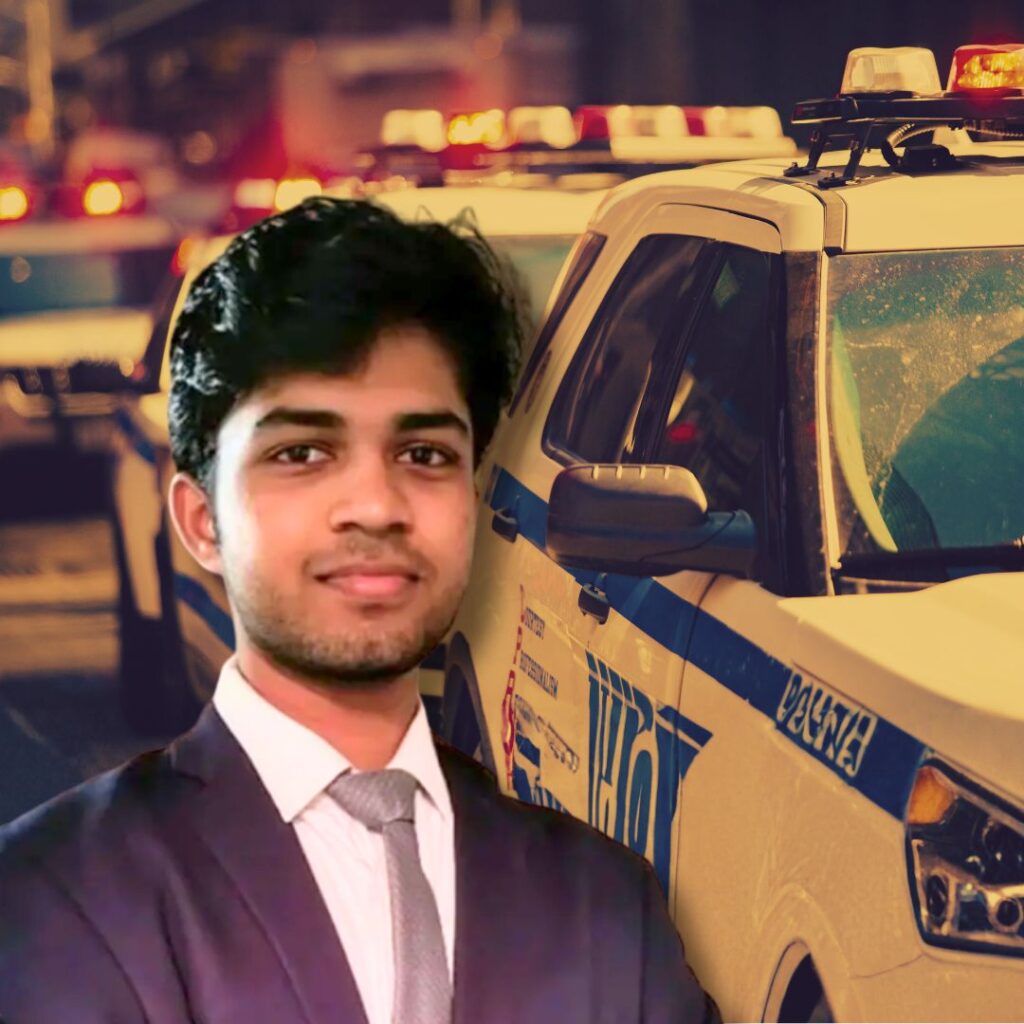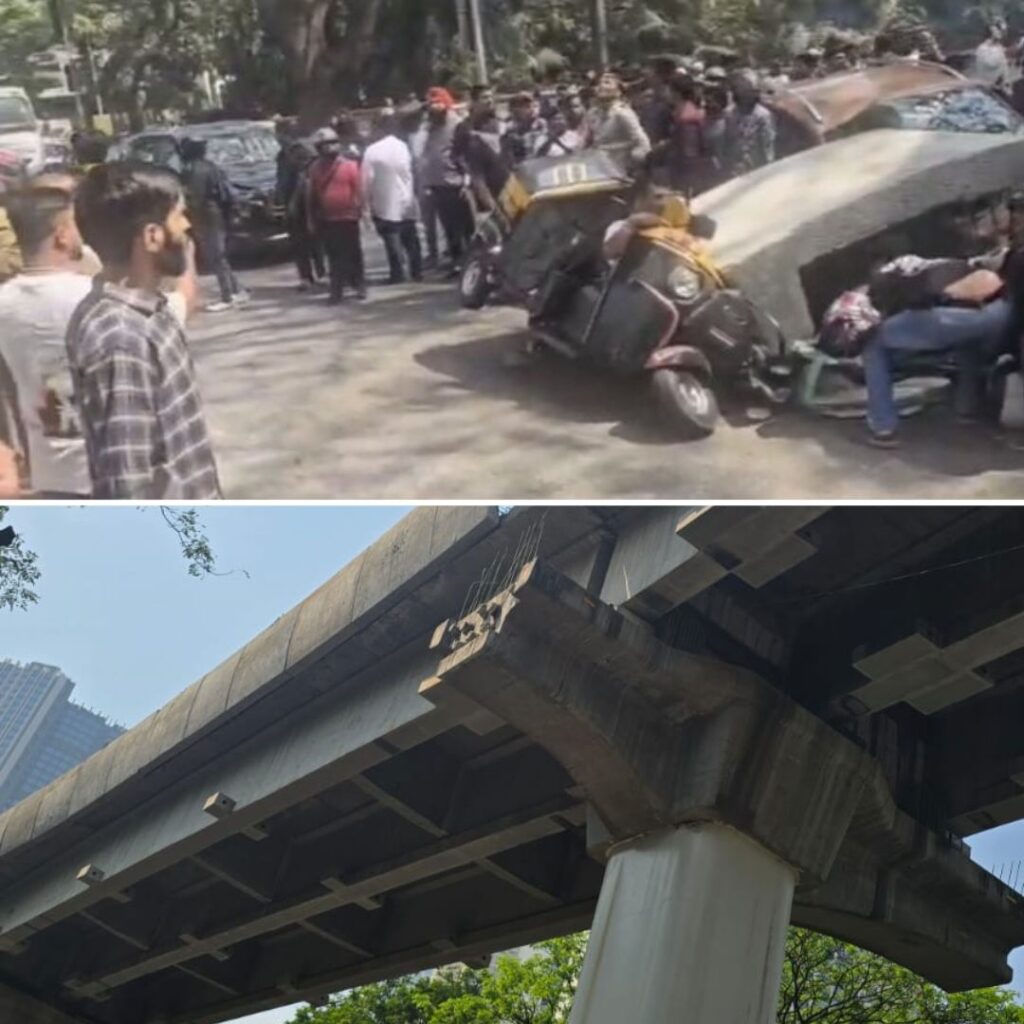From our grandparents’ age-old days to our parents’ college times to our childhood, generation after generation have grooved to the songs playing on the radio. Many of us have also grown up listening to radio-based shows on various issues. Today on February 13, to mark the value of radio in our lives, the world is celebrating its eighth edition of the World Radio Day.
The eighth edition of the radio day
The United Nations Educational, Scientific and Cultural Organization (UNESCO) declared 13th February in 2012 as World Radio Day and this year’s theme is ‘Dialogue, Tolerance and Peace.’
While speaking on the occasion, the United Nations Secretary-General, Antonio Guterres, noted that even in today’s world of digital communications, radio still reaches more people than any other media platform. Calling radio a tool for informing, reuniting and empowering people, Guterres added, “On this World Radio Day, let us recognize the power of radio to promote dialogue, tolerance and peace.” As we celebrate this day, The Logical Indian talked to a few of the experts from the radio community. These prominent figures talk about different aspects of radio and its journey so far.
Community radio as a tool for development
Sampath Kumar, a professor for Radio News and Feature Reportage at the Asian College of Journalism, said, “The radio has not lost its relevance. In fact, we expect it to make a comeback.” Talking about the state of radio in western countries he says, “If you see globally also, radio has not lost its relevance yet, at least 70% of the people are still listening to the radio in western countries, especially Europe and America.”
He adds that in India, Radio (private radio firms) is not allowed to broadcast news and current affairs, which restricts it from doing a lot more. However, he says that the radio is doing good in many other ways. Community radio is becoming more successful. In many parts of the country, especially people living in small villages are using community radio as a tool to educate people, he adds.
Explaining the community radio, he says that it is the medium through which community problems are discussed on a larger scale. He says that many schools and colleges are also using community radio as a medium to discuss various issues.
Podcast is the new future of Radio
In India, the FM broadcasting began in 1977 but it boomed after 2001 when the privatisation of FM broadcasting began. There are more than 369 operational private radio stations in more than 101 cities and towns across the country. Other than this, the Government of India-owned All India Radio has about 450 FM station that is covering almost 39% of the area and 52% of the population of India.
The senior professor also talked about the old days of radio. “Back in the day, there used to be many radio shows dedicated to the rural population especially farmers. At that time a lot of people did not have a radio so, people used to put radios in the parks or public halls and then listen to different shows on techniques of farming, a variety of rice seed and cricket commentary. In fact, because of these shows, a rice variety was commonly called Radio Rice,” he added.
When asked about the longevity of radio he said that there are new ways by which radio is gaining its prominence. One of them he noted is podcasts. “Podcast is more like a digital version of radio. It might gain more prominence in future.”
The professor hopes that if the government lifts the restrictions from the radio, then radio can be utilised effectively as it has a mass reach and even reaches to the mosremoteot parts of the country.
Radio connects the people
The logical Indian also spoke to Mumbai- based Red FM jockey and one of the radio sensation in the country, RJ Malishka who told us that radio keeps the city alive. She says that the medium does give entertainment, but it also updates people about the city. “It tells them about many things including weather, traffic or any kind of protest that might be happening in the city.”
Calling radio a local way of connecting people, she says that radio can help people ask questions from the authority. She says, “It helps to cover very local issues that are sometimes overlooked by the national media.” Explaining the same, she says that a lot of people make several calls during her radio show to complain about many things like if their roads are logged or something else. “The radio makes voices of the people heard, and it also creates a sense of fear among the local authority, who at least feels that somebody is watching them, which is why they can not get away by doing anything.”
Claiming that she does not see the end of Radio any time soon in future she says, “Till the time radio is relevant to its population and with support from the technology, thinking about the end of radio would be a bit too harsh.” Adding to that she said that radio gives voice to individuals and makes it a collective voice.
…












